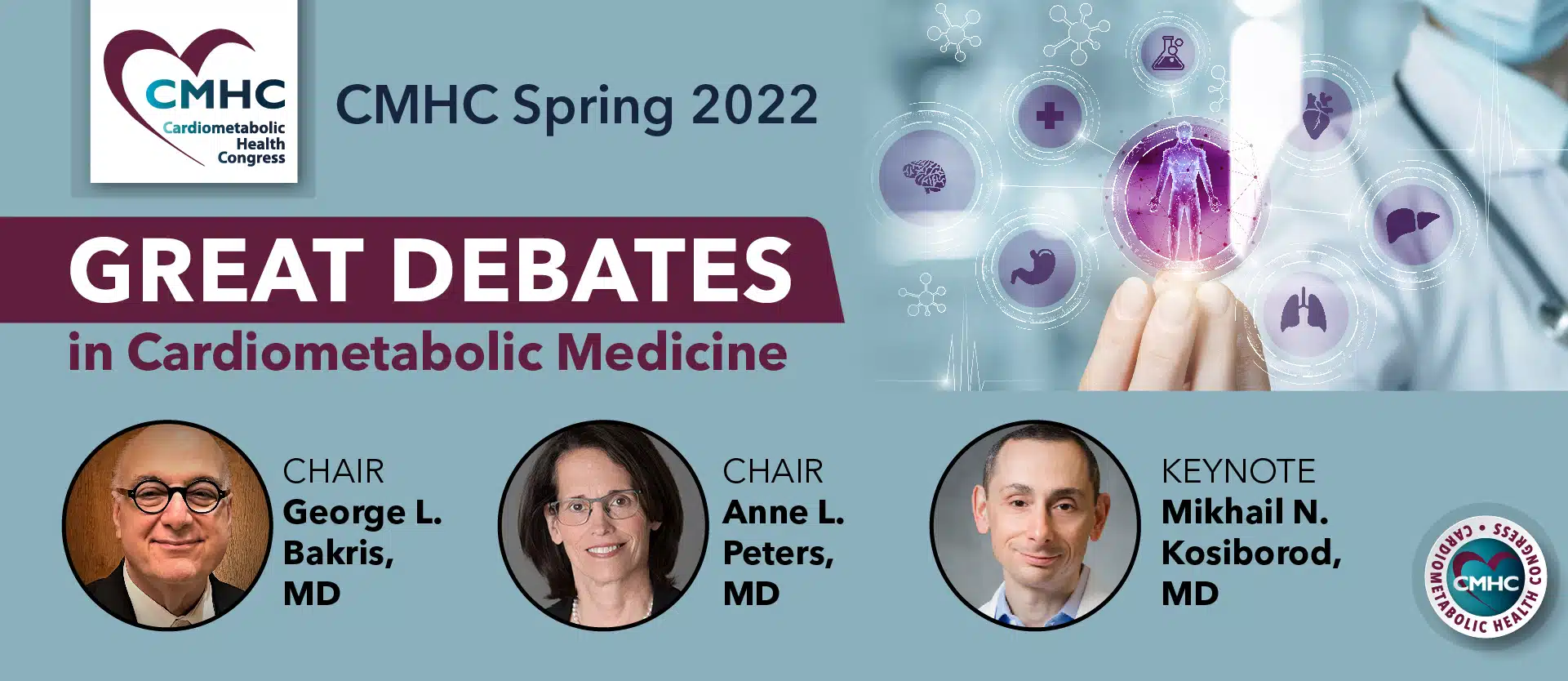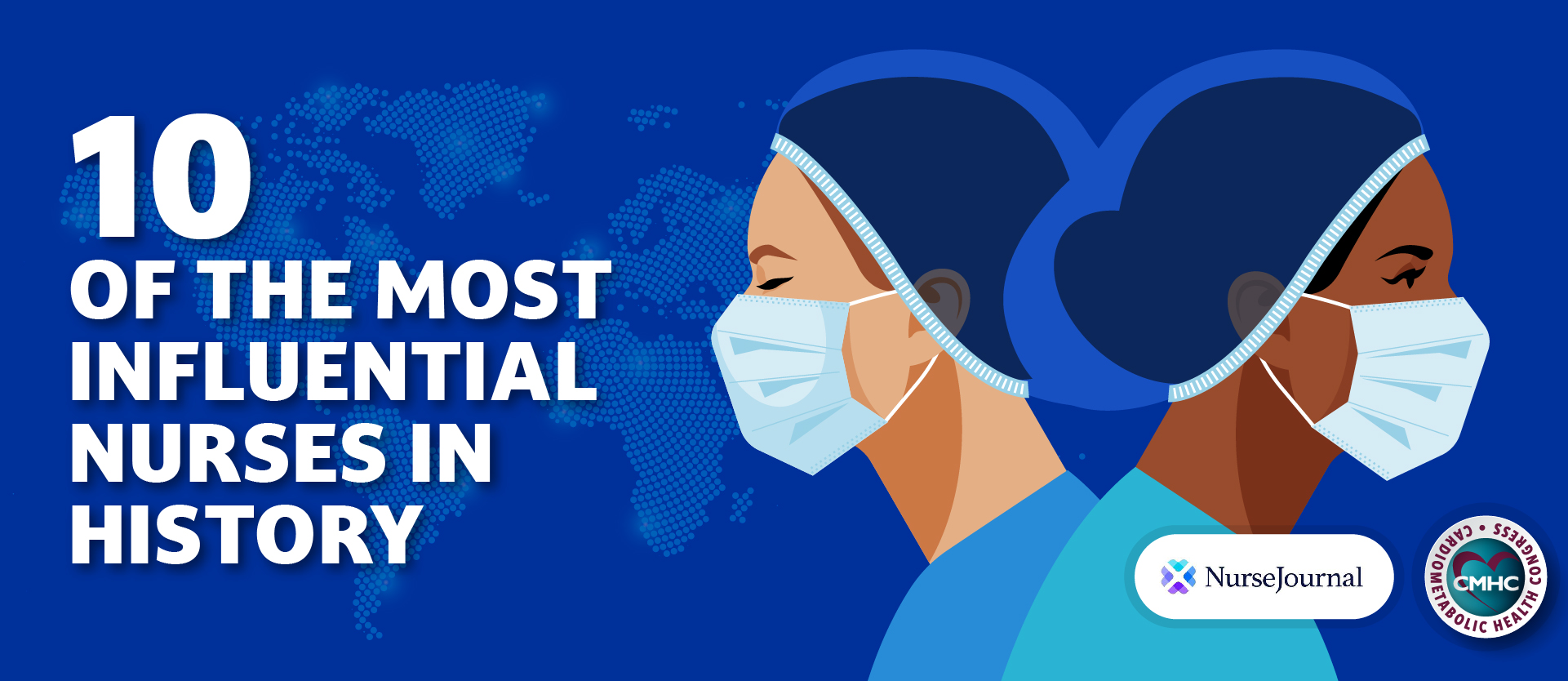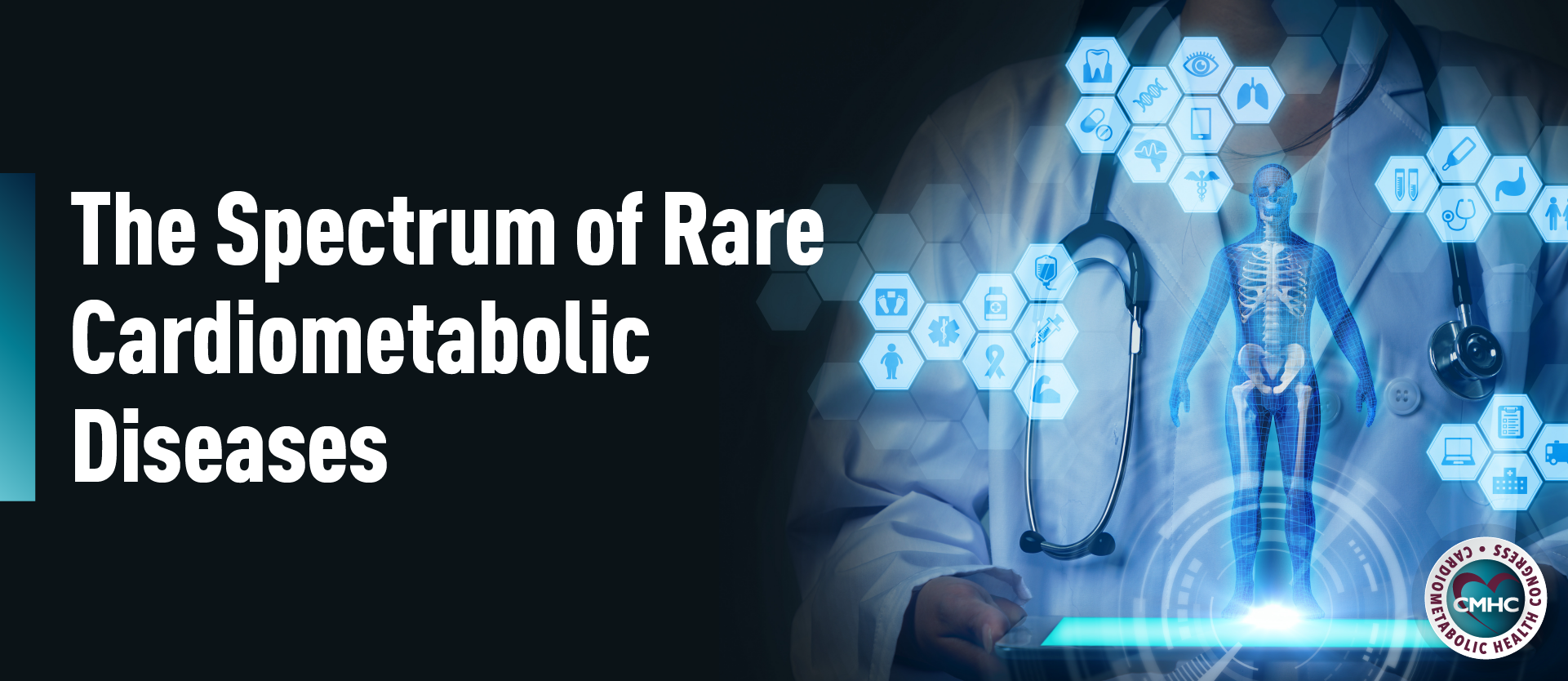
ascular disease, accounting for 807,775 deaths in 2014. Based on the American Heart Association’s 2017 Heart Disease and Stroke Statistics most recent update, the number of adults living with heart failure increased from approximately 5.7 million (2009-2012) to about 6.5 million (2011-2014). These latest statistics indicate that the number of people diagnosed with heart failure is projected to rise by 46% by 2030, with an end result of over 8 million people living with heart failure.
While there are inevitably disparities in the groups that are primarily affected, other studies reveal that women must be equally vigilant: even in their 20s. A new survey has uncovered that a majority of women do not believe they require heart screenings until they are well into their 30s and 40s. Only 8% of women stated that heart screenings should begin in their 20s, despite the fact that plaque buildup in the arteries can manifest when people are in their teens.
Historically, it has generally been conveyed that heart disease was more of a ‘men’s problem.’ Many of the risk factors for heart disease were tailored more towards men than women. Yet heart disease remains the number one killer for women, and there is a significant lack of awareness. Only 50% of women are aware that heart disease is the highest mortality factor for their population.
Despite advancements in the diagnosis of cardiovascular disease, surveys indicate that early education is critical. The American Heart Association recommends that both men and women begin regular check-ups for blood pressure, cholesterol, and body mass index at age 20, as undiagnosed heart problems are exacerbated and worsened with time. By receiving education at an early age, heart disease can be immediately reduced, and ultimately prevented.

















